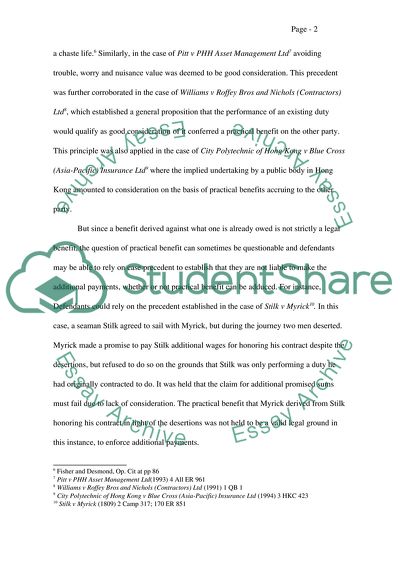Cite this document
(Practical Benefit and Promissory Estoppel Coursework, n.d.)
Practical Benefit and Promissory Estoppel Coursework. Retrieved from https://studentshare.org/law/1717766-practical-benefit
Practical Benefit and Promissory Estoppel Coursework. Retrieved from https://studentshare.org/law/1717766-practical-benefit
(Practical Benefit and Promissory Estoppel Coursework)
Practical Benefit and Promissory Estoppel Coursework. https://studentshare.org/law/1717766-practical-benefit.
Practical Benefit and Promissory Estoppel Coursework. https://studentshare.org/law/1717766-practical-benefit.
“Practical Benefit and Promissory Estoppel Coursework”. https://studentshare.org/law/1717766-practical-benefit.


